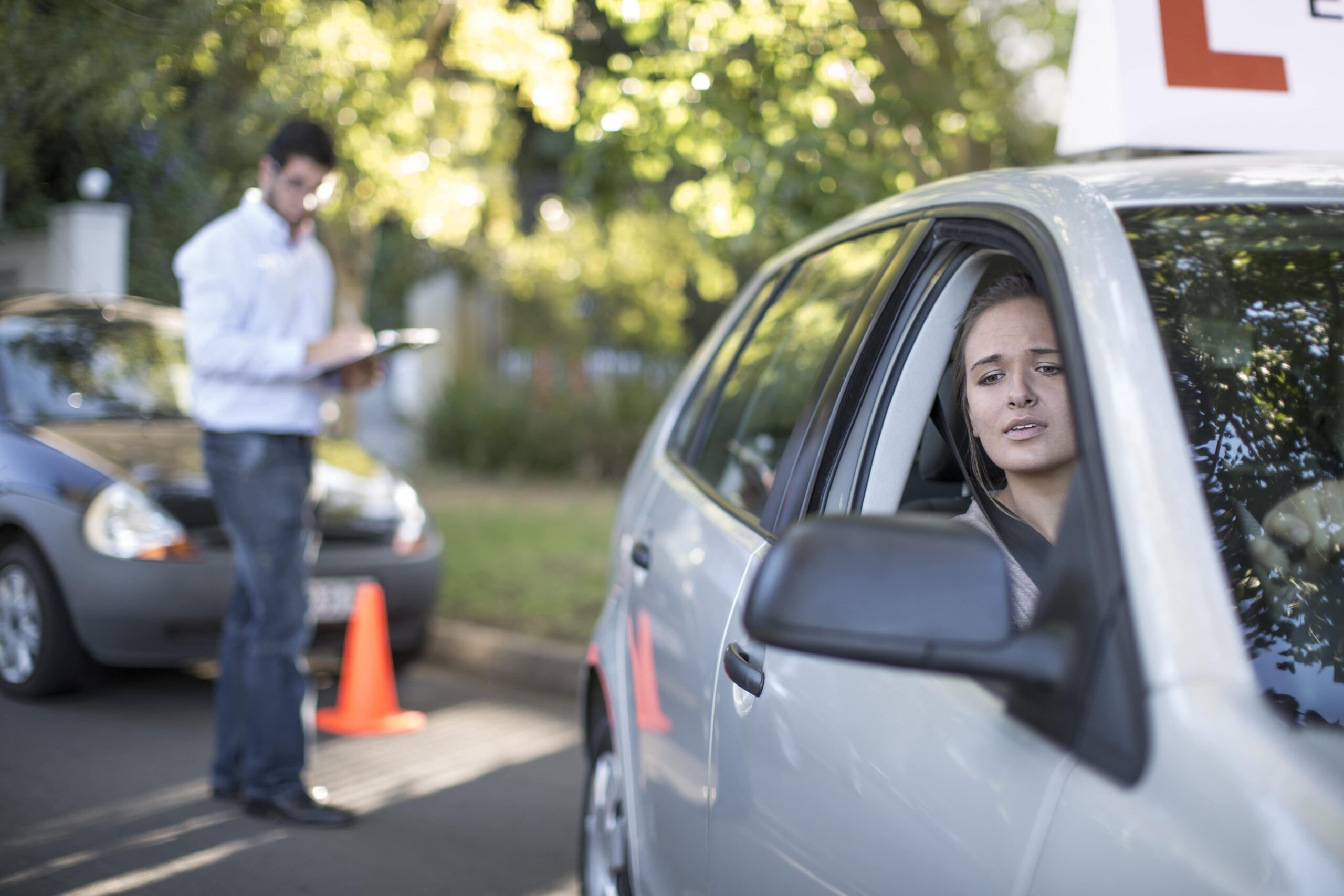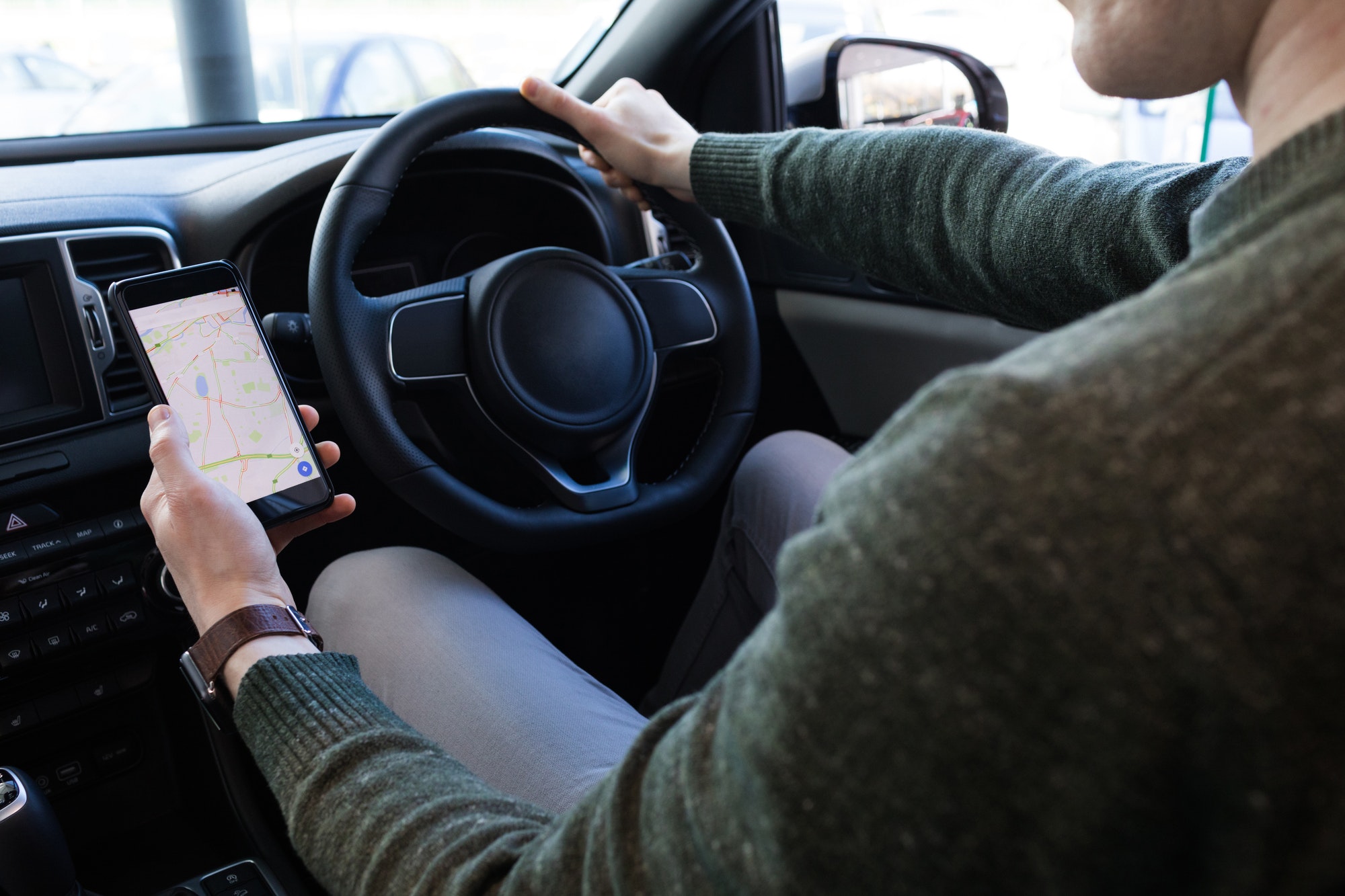How to Overcome Driving Anxiety: Tips from London’s Top Instructors
Understanding Driving Anxiety
Driving anxiety is a common issue that affects both new and experienced drivers. It can stem from fear of accidents, traffic congestion, or even past negative experiences behind the wheel. In a busy city like London, with its heavy traffic and fast-paced roads, driving can feel overwhelming. However, understanding your fear is the first step toward overcoming it. London’s top driving instructors emphasise the importance of recognising your anxiety triggers so you can address them effectively. Once you identify what causes your discomfort, you can begin working towards becoming a more confident and calm driver.
Common Causes of Driving Anxiety
Several factors contribute to driving anxiety. Some people fear losing control of the car, while others worry about making mistakes in front of other drivers. Busy intersections, roundabouts, and motorways in London can also trigger anxiety. Past accidents or negative driving experiences may intensify this fear. The city’s unpredictable traffic patterns can further increase stress levels. By understanding these common causes, learners can work with certified instructors to slowly desensitise themselves to these triggers through practice and guided exposure.
Recognising the Symptoms of Driving Anxiety
The symptoms of driving anxiety can be both physical and emotional. You may experience sweating, a racing heartbeat, dizziness, or trembling hands when getting behind the wheel. Emotionally, you might feel panic, fear, or intense self-doubt. These symptoms can make it difficult to focus, leading to poor decision-making on the road. London’s best driving schools teach coping mechanisms such as breathing exercises, mindfulness, and positive affirmations to help drivers stay calm and regain control. Recognising these symptoms early allows you to seek the right kind of support and treatment.
The Importance of Professional Guidance
Professional driving instructors play a vital role in helping learners overcome driving anxiety. With structured lessons, calm communication, and practical exposure to real-life traffic situations, instructors build confidence in nervous drivers. London’s top instructors use customised teaching techniques to suit individual comfort levels. They encourage gradual exposure, starting with quiet residential streets before moving on to busy areas. The right instructor not only teaches driving skills but also provides emotional reassurance that helps students feel safe and supported during their lessons.
Step-by-Step Approach to Building Confidence
One of the most effective ways to overcome driving anxiety is to take small, consistent steps. London instructors recommend starting slow — perhaps by sitting in the car while stationary, then practising short drives around quiet areas. As you gain comfort, gradually challenge yourself with longer routes and heavier traffic. Each step builds familiarity and reduces fear. Confidence comes with experience, so it’s essential to stay consistent and patient. Celebrating small victories, like mastering parallel parking or driving on the motorway, helps boost self-esteem and reduce fear.
Mindfulness and Relaxation Techniques
Anxiety thrives on overthinking, but mindfulness helps calm the mind. Before driving, take a few moments to focus on your breathing. Deep, steady breaths can relax tense muscles and clear your thoughts. Listening to calming music or engaging in a short meditation session before lessons can also help. Many London driving instructors now integrate mindfulness techniques into their lessons to help students feel grounded and present. These relaxation exercises not only improve driving focus but also make learning more enjoyable and stress-free.
Exposure Therapy for Driving Fear
Exposure therapy involves gradually facing your fears in controlled situations until they lose their intensity. In the context of driving anxiety, this could mean starting with short, low-stress drives and gradually moving up to more challenging environments like roundabouts or motorways. London’s best driving instructors use this method effectively to help students overcome fear. The key is consistency — the more you drive under safe and supportive conditions, the more confident and relaxed you’ll become. Over time, your anxiety response diminishes, allowing you to enjoy driving freely.

Using Positive Self-Talk and Visualisation
Your mindset plays a huge role in overcoming driving anxiety. Negative thoughts like “I’ll fail” or “I’ll cause an accident” increase fear, while positive affirmations build confidence. London’s experienced instructors encourage students to visualise successful drives before getting into the car. Phrases like “I am in control” or “I can handle this road” can shift your perspective. Visualising yourself driving confidently through London streets helps prepare your mind for success. Over time, positive self-talk becomes a habit that replaces fear with empowerment.
Learning Defensive Driving Skills
Defensive driving is an excellent way to feel more in control. It involves anticipating potential hazards, maintaining safe distances, and staying alert to the actions of other drivers. Learning these techniques from certified London driving instructors helps reduce anxiety by increasing your sense of control and preparedness. When you understand how to respond safely in unexpected situations, your confidence grows naturally. Defensive driving not only keeps you safe but also transforms your fear into proactive awareness on the road.
Choosing the Right Driving Instructor in London
Finding an instructor who understands your anxiety is crucial. Look for driving schools that specialise in nervous or anxious drivers. The best driving instructors in London are patient, encouraging, and experienced in helping learners overcome fear. Read reviews, ask questions, and schedule a trial lesson to see if their teaching style suits you. Remember, your comfort level with your instructor significantly affects your progress. A supportive learning environment is the foundation of successful confidence building and anxiety reduction.
Gradual Exposure to London’s Busy Roads
Driving in London can be intimidating, especially with its complex roundabouts, heavy traffic, and narrow streets. The key is gradual exposure. Start by driving during off-peak hours and slowly move towards busier times as your confidence increases. Experienced instructors plan routes strategically to help you adjust at your own pace. Over time, navigating through challenging roads like Oxford Street or Piccadilly becomes second nature. Practice makes perfect, and every safe, calm journey brings you one step closer to overcoming driving anxiety.
Support from Family and Friends
Support from loved ones can make a significant difference in overcoming driving fear. Practise driving with someone you trust — preferably a calm, reassuring passenger. Their presence can provide comfort and reduce tension. Discussing your progress with friends and family also helps you stay motivated. Many London learners overcome their driving anxiety faster when they combine professional lessons with personal practice. Encouragement, patience, and understanding from your support system play a key role in rebuilding your driving confidence.
Technology and Driving Simulators
Modern driving schools in London use simulators to help anxious drivers practise without pressure. Simulators replicate real-life driving scenarios, such as traffic jams or sudden stops, in a safe virtual environment. This helps learners familiarise themselves with road situations before venturing out. Technology like driving apps, route planners, and dash cams can also boost confidence by improving awareness and preparedness. Using these tools allows learners to practise safely and gain comfort before facing real-world traffic conditions.
The Role of Therapy and Counselling
For individuals with severe driving anxiety, therapy can be highly beneficial. Cognitive Behavioural Therapy (CBT) helps identify negative thought patterns and replace them with rational, calming perspectives. In London, many clinical psychologists and driving schools collaborate to support anxious learners through a holistic approach. Therapy combined with driving lessons can accelerate progress by addressing both mental and practical challenges. Seeking professional psychological support doesn’t mean weakness — it’s a powerful step toward regaining control and confidence.
Building Long-Term Confidence
Overcoming driving anxiety isn’t an overnight process; it requires patience, persistence, and practice. Once you’ve gained confidence, continue driving regularly to maintain your skills and comfort level. Celebrate your achievements, no matter how small. With the right mindset, instructor, and consistent exposure, driving can transform from a stressful task into an empowering experience. London’s top instructors remind their students that every confident driver once started as a nervous beginner — and with the right support, anyone can achieve calm, safe, and enjoyable driving.
Frequently Asked Questions (FAQs)
1. What is driving anxiety?
Driving anxiety is a fear or nervousness related to driving, often caused by past experiences, fear of accidents, or lack of confidence.
2. Can driving anxiety be treated?
Yes. Through exposure therapy, mindfulness, and professional driving lessons, most people can overcome driving anxiety effectively.
3. How do London instructors help anxious drivers?
They use patient, step-by-step teaching methods and relaxation techniques to build confidence gradually.
4. Is driving anxiety common among new drivers?
Yes, especially in busy cities like London, where traffic and complex roads can be overwhelming for beginners.
5. What are the physical symptoms of driving anxiety?
Symptoms may include sweating, rapid heartbeat, nausea, trembling, or shortness of breath.
6. How long does it take to overcome driving anxiety?
It varies for each person. With regular lessons and exposure, most learners see improvement within weeks or months.
7. Can therapy help with driving fear?
Yes. Cognitive Behavioural Therapy (CBT) is especially effective in changing negative thought patterns related to driving.
8. Should I drive alone if I have driving anxiety?
Initially, it’s better to drive with an instructor or trusted companion until you gain confidence.
9. What’s the best time to practise driving in London?
Start during off-peak hours when roads are quieter, then gradually progress to busier times.
10. Can technology help reduce driving anxiety?
Yes. Simulators, GPS navigation, and dashcams can provide a safer, more controlled learning experience.














